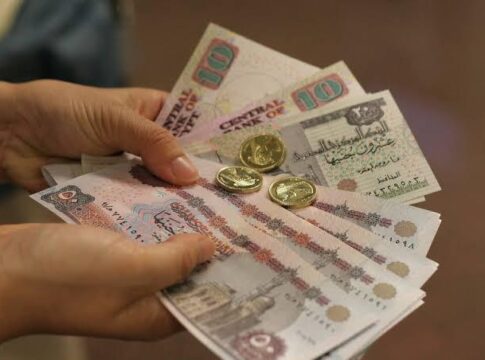Egypt is raising the minimum wage for public sector workers to EGP 7,000 ($138.50) per month starting in July, Finance Minister Ahmed Kouchouk announced Wednesday. The move aligns public salaries with the private sector’s new baseline set in February.
The increase is part of a broader social protection plan costing EGP 80-85 billion ($1.6-$1.7 billion), aimed at easing financial strain amid soaring inflation. A separate EGP 35-40 billion ($692-791 million) relief package will run from March to June, providing additional support to the most vulnerable families.
Despite wage hikes, real incomes continue to shrink. The minimum wage was raised by 50% to EGP 6,000 ($194) just last month, but the ongoing depreciation of the Egyptian pound has eroded purchasing power.
Inflation and Economic Pressure Persist
Egypt’s economic challenges remain severe. Annual urban consumer inflation stood at 24% in January, slightly lower than 24.1% in December. The crisis, worsened by the Russia-Ukraine war and capital outflows, has left the country grappling with a chronic foreign currency shortage.
READ MORE: EFCC Restores Over $120,000, N70.6M to Fraud Victims in U.S., Spain, and Switzerland
To stabilise the economy, Egypt has turned to the International Monetary Fund (IMF) for an $8 billion loan. In return, Cairo must commit to a flexible exchange rate, reducing state intervention, and boosting private sector growth.
With the local currency trading at EGP 50.54 per dollar, the latest wage increase may offer temporary relief but is unlikely to reverse years of declining purchasing power.




